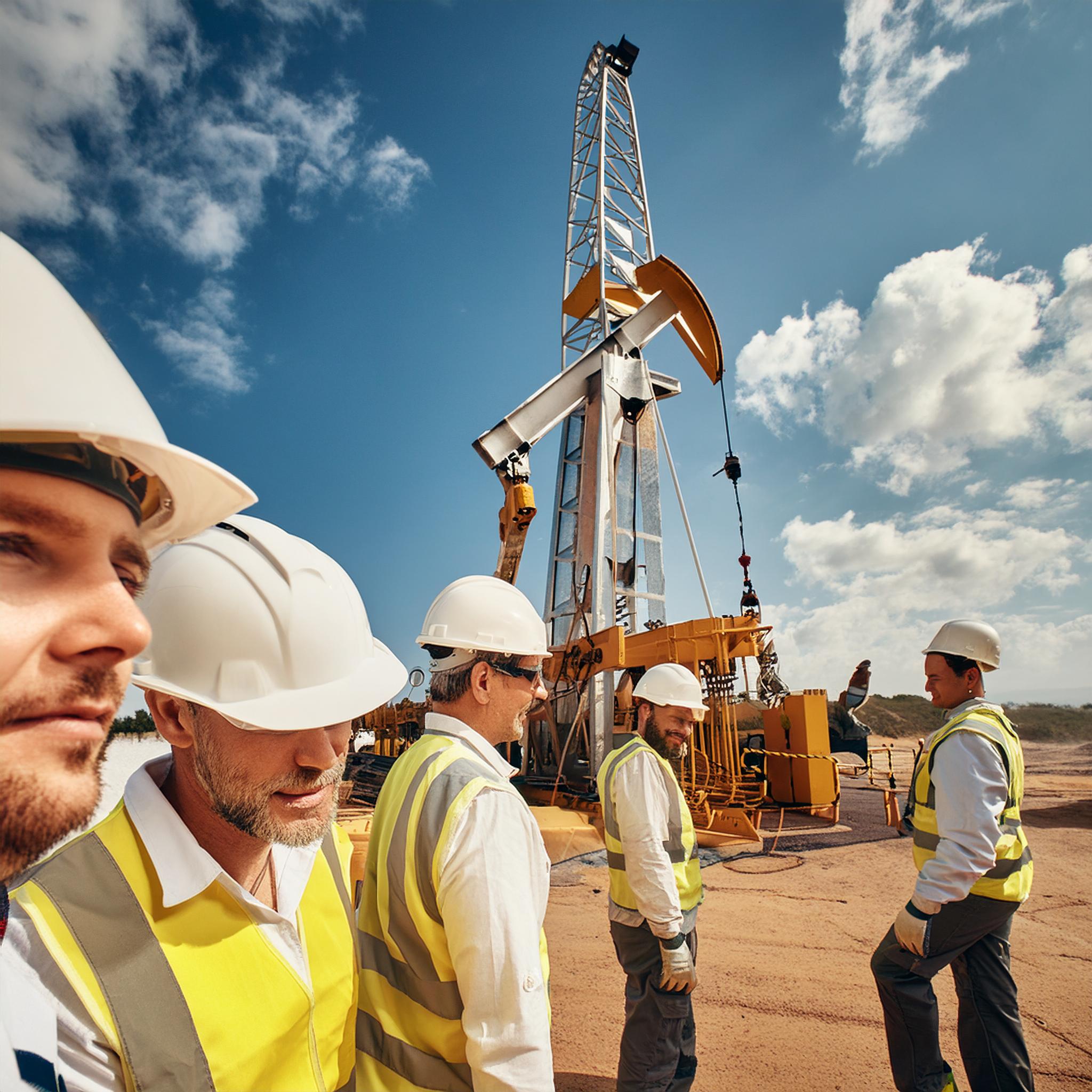AI and the Oil Field-How can it help?
How can AI impact the Oil and Gas Industry?
Artificial Intelligence (AI) is transforming industries worldwide, and the oil industry is no exception. In fact, in a survey conducted by EY last year, approximately 92% of oil and gas companies around the world are “either currently investing in AI or plan to in the next two years.” By integrating AI technologies, the oil sector can enhance efficiency, improve safety, and potentially influence consumer experiences. This includes how it will impact the number of people injured in the oil and gas sector in the coming years. Safety is a huge concern in when it comes to petroleum extraction and at The Low Law Firm we try to stay informed and up to date on all of the technologies available to oil and gas companies. If you have been injured in an oil field accident, you need a firm that is going to fight for you.
What types of AI are available and what role can they play in the Oil Industry?
- Machine Learning (ML)
- Predictive Maintenance: ML algorithms analyze historical data from machinery and predict when equipment is likely to fail. This allows for timely maintenance, reducing downtime and operational costs.
- Exploration and Production: By analyzing geological data, ML models can predict the most promising drilling locations, optimizing resource extraction and minimizing environmental impact.
- Natural Language Processing (NLP)
- Data Management: NLP can process vast amounts of unstructured data, such as reports and logs, extracting valuable insights that can inform decision-making.
- Customer Interaction: Chatbots and virtual assistants powered by NLP can handle customer inquiries efficiently, providing timely information and improving customer service.
- Computer Vision
- Inspection and Monitoring: Computer vision systems can analyze visual data from pipelines and equipment, detecting anomalies such as leaks or corrosion. This enhances the accuracy and speed of inspections.
- Safety Compliance: Cameras equipped with computer vision can monitor adherence to safety protocols, ensuring a safer work environment.
- Robotics
- Automated Drilling: Robotics can perform drilling operations with precision, reducing human error and enhancing operational efficiency.
- Hazardous Task Management: Robots can be deployed in dangerous environments, such as deep-sea or high-pressure areas, minimizing human exposure to risks.
Each of these types of artificial intelligence can assist the oil and gas industry in many different areas, which will impact things like drilling, transport, extraction, well maintenance, etc. The ultimate goal is to make the business of petroleum extraction more efficient for the business, but also safer for the employees, workers and citizens in areas where drilling is a regular occurrence.
How AI Improves Processes in the Oil Industry
- Enhanced Efficiency: AI optimizes resource allocation, reduces downtime through predictive maintenance, and improves the accuracy of drilling operations. This leads to cost savings and increased productivity.
- Data-Driven Decisions: By analyzing vast datasets, AI provides insights that help in making informed decisions, from exploration to production and distribution.
- Environmental Impact: AI-driven optimizations can reduce the environmental footprint of oil extraction and processing by minimizing waste and enhancing resource utilization.
Improving Safety with AI
- Predictive Analytics: AI models can predict potential safety hazards by analyzing patterns in operational data, allowing for proactive measures.
- Real-Time Monitoring: Continuous monitoring of equipment and facilities through AI-powered systems ensures immediate detection and response to anomalies.
- Risk Reduction: AI-driven automation in hazardous tasks reduces the risk of accidents, protecting human workers.
Impact on Consumers
- Cost Savings: Increased efficiency and reduced operational costs can lead to lower prices for consumers.
- Enhanced Reliability: Improved maintenance and monitoring translate to fewer disruptions in supply, ensuring consistent availability of oil products.
- Sustainability: By optimizing processes and reducing environmental impact, AI contributes to a more sustainable oil industry, aligning with consumer preferences for environmentally responsible practices.
Frequently Asked Questions (FAQ)
Q: How does AI help in finding new oil reserves? A: AI, particularly machine learning, analyzes geological data to predict promising drilling locations, increasing the success rate of exploration efforts.
Q: Can AI reduce the environmental impact of the oil industry? A: Yes, AI optimizes resource extraction and processing, reducing waste and emissions, thereby minimizing the environmental footprint.
Q: Is AI safe to use in the oil industry? A: AI enhances safety by predicting potential hazards, enabling real-time monitoring, and automating dangerous tasks, thereby reducing human risk.
Q: Will AI in the oil industry lead to job losses? A: While AI may automate certain tasks, it also creates opportunities for new roles focused on AI management and maintenance. It aims to complement human efforts rather than replace them entirely.
Q: How can employees benefit from AI in the oil industry? A: Employees will benefit as the use of artificial intelligence makes the processes safer and more efficient.
If you, or a loved one, have been injured in an oil field accident or by an oil tanker, you need a law firm that understands the complexities of oil field related cases. We offer free consultations on all oil field injury cases. Call The Low Law Firm today! (325) 455-1889.

